Written by Izzy Cole
When I decided on studying English Literature, I was met with the same predictable responses. I was either going to ‘end up’ as a teacher, which there is of course nothing wrong with, but it never seemed framed as anything other than an inevitable outcome. Otherwise and in slightly more positive terms, I was told that I could ‘go into anything with that’. Yet, from those thinly veiling their disapproval, that ‘something’ was ideally law.
I always wanted to write, in some capacity and I have forever been an avid reader. So to those around me, English was hardly a surprising choice. I was told that I would build exceptional communication, analytical and organisational skills. All the ‘greats’ of a strong CV, right? However, coming to the end of my undergraduate studies, I still struggled to pin down exactly what I was now qualified to actually do. I watched as my housemates went through endless and grueling interview stages for graduate schemes whilst others began compiling portfolios of practical work they had completed over their three years. Although I had a strong body of academic essays, I was unsure how these were transferable into the world of work. Predominantly, I was unsure what the ‘world of work’ really meant for me.
Literature courses, in my experience anyway, rarely emphasize the importance of work experience. You aren’t required to complete a placement year as you may be in a business or fashion course for example. Although there were opportunities to write in university publications, which I (infrequently) took, these hardly inspired any concrete life plans.
With all of this in mind, and with my only real definite passion being learning and writing essays about literature, I applied for a Masters at a new university and thankfully got in. I felt instantly relieved. This followed around a month of attempting to apply for graduate jobs that I certainly wasn’t suited for and most likely would’ve hated. After so long in education, I didn’t feel ready to branch out on my own and I craved the safety of course outlines and reading lists.
The first few months of my master’s year were all that I envisaged. I focused specifically on contemporary literature and wrote on topics that I really cared about, and felt relevant to world issues. And then the pandemic hit. Classes, the few hours that I had, moved online. Teachers fell sick and it became difficult to communicate effectively. My whole plan to throw myself into everything I possibly could at university and to find my ‘thing’ seemed thwarted.
I am now coming to the end of my course, I’ve completed three essays whilst at home with family and I am about to hand in my final 15,000-word dissertation. However, despite all of this unrest, I feel closer to what I want to do than ever. Being at home all day everyday with a laptop and nothing else to do has finally given me the time to think. I have attended online seminars from industry leaders, completed an online internship and applied for countless jobs that I never heard back from. Although lot of these experiences have amounted to more like a cutting down than a deciding process, I feel like I have a greater awareness of what I definitely don’t want to do, which is just as valuable and should be recognized as such. I have also broken out of my little education bubble and realized that workplaces are increasingly valuing well-rounded people rather than just their Russell group grades. I have thrown myself into a Bookstagram account, pursued hobbies that I otherwise wasn’t making time for and I have taken more opportunities to actually cultivate and demonstrate my interests, something that academic achievements only partly confirm.
Most importantly, if you feel similarly to me and you’ve taken a degree that seems ‘too broad’. Try and remember that academia really isn’t the only option. Whatever you graduate with isn’t the be all and end all. It doesn’t condemn you to a life of aimlessness any more than a degree in law would guarantee you an instant training contract with a top firm. People find what they want to do at different points in life; there is no one ideal age. Similarly, wants and desires morph and change all the time. It’s bizarre finishing university, where friendships, groups and even identities seemed largely dictated or influenced by subject choice and then being expected to find your niche outside of that.
But after months of searching I am confident that I want to pursue a role in publishing. The resources are out there, contact people in industries you may be potentially interested in, speak to friends, watch youtube videos, read books. You may not find exactly what you want to do immediately, but you’ll learn a lot about yourself in what forms the reject pile, I promise.
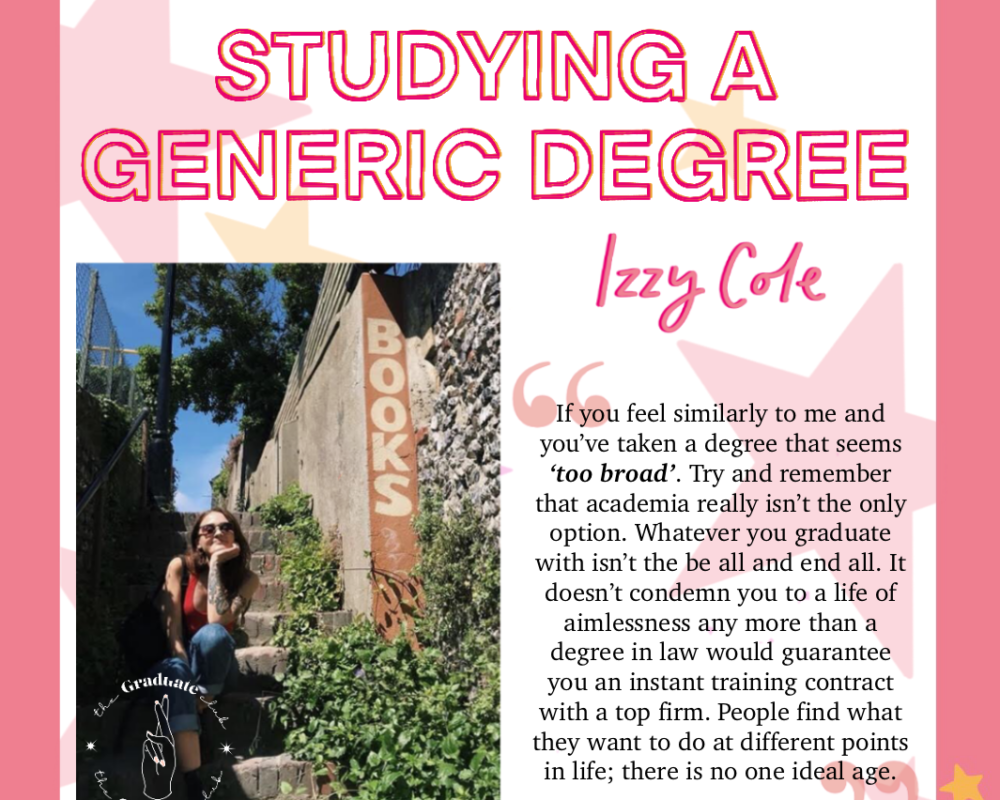
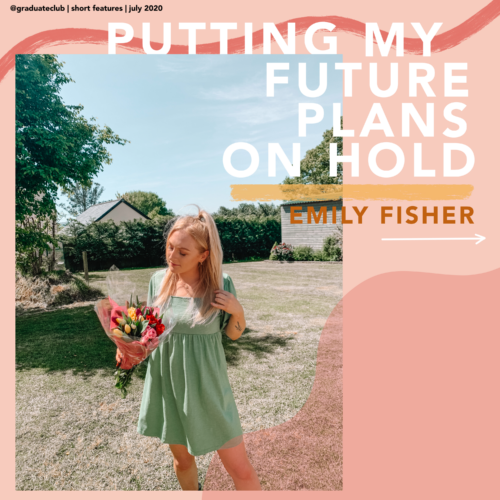
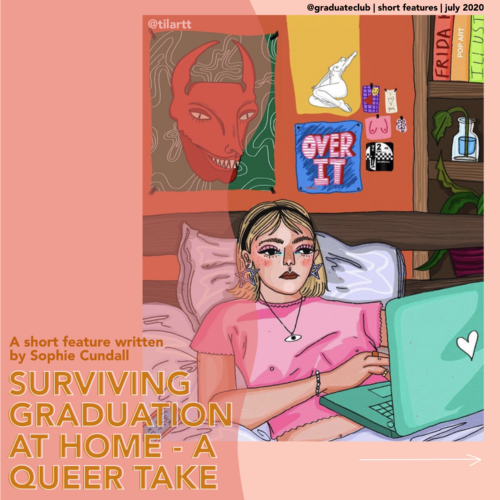
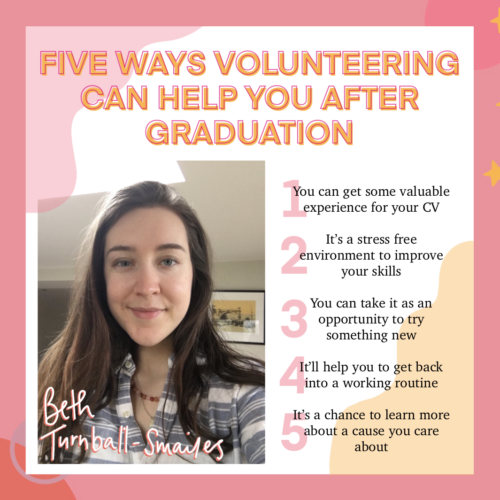
Leave a Comment